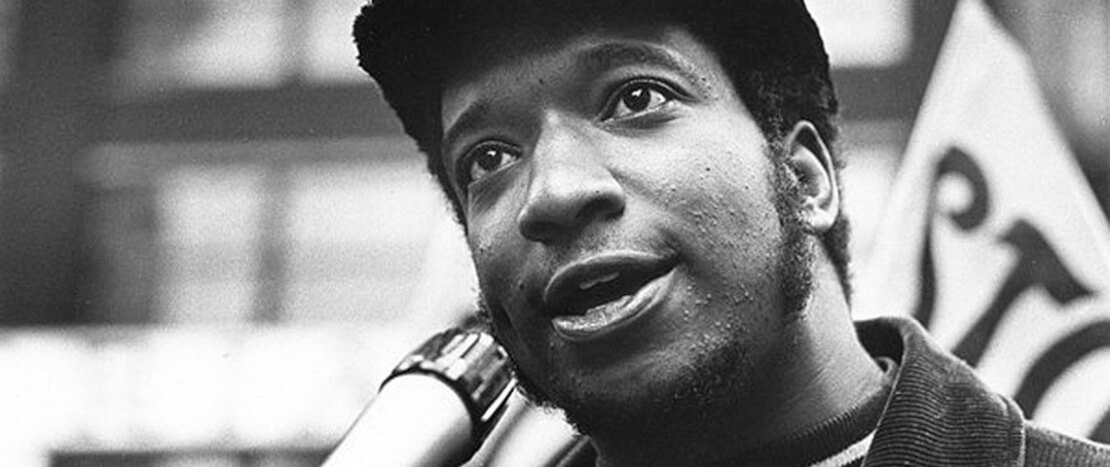The Murder of Fred Hampton
In 1968, filmmakers Mike Gray and Howard Alk began to document the life of Black Panther activist Fred Hampton. Outspoken, articulate and critical of the police and the capitalist system, the 21-year-old leader of the Illinois chapter of the Black Panthers was regularly on the Chicago Police’s radar. Shot dead in 1969 during a police raid on his home, ‘The Murder of Fred Hampton’ shows the police’s conflicting versions of his death with interviews from witnesses and pictures from the crime scene.
..”Before you go to bed tonight say “I am revolutionary” in case you don’t wake up in the morning.”
Starting with a series of vignettes that show Fred Hampton speaking at weekly meetings, forming Black Panther policy and organising free breakfasts for children in the community, then is ominous quality to the black and white graininess of these scenes. Only a few years removed from the assassination of Martin Luther King and Malcolm X, in a time where speaking out can most definitely get you killed, Fred Hampton was aware of the precedent (“Before you go to bed tonight say “I am revolutionary” in case you don’t wake up in the morning”). Immediately thereafter the film shows the prescient nature of those words. Splattered, cake-like pools of dried blood stain the floor and walls of Fred Hampton’s apartment.
In a pre-dawn raid on the 4th December 1969, Police fire their way inside. Of the 99 shots fired by the police and the 2 that could have been conceivably fired in return, a chasm between truth and the official version of events quickly emerges. Intercutting between the filmmaker’s on-scene footage and a staged reenaction by the Police department, it’s more than the bullet holes that don’t add up.
In what amounts to an increasingly blatant assassination, there is nowhere to hide for State Attorney Edward Hanrahan except in the pages of a hastily-conceived history.
Continually to light in music by artists like Rage Against the Machine, Jay-Z and most tellingly in touch-stone poet Gil Scott-Heron’s “No Knock”, this is an injustice that isn’t going away anytime soon. As ‘chairman’ Fred put it himself: “You can jail a revolutionary but you can’t jail a revolution.”









